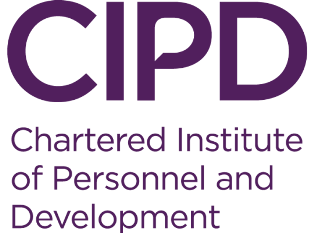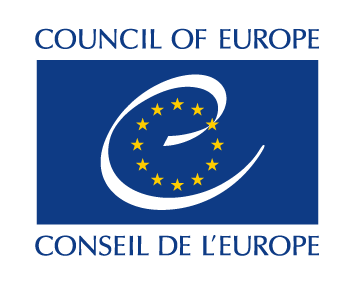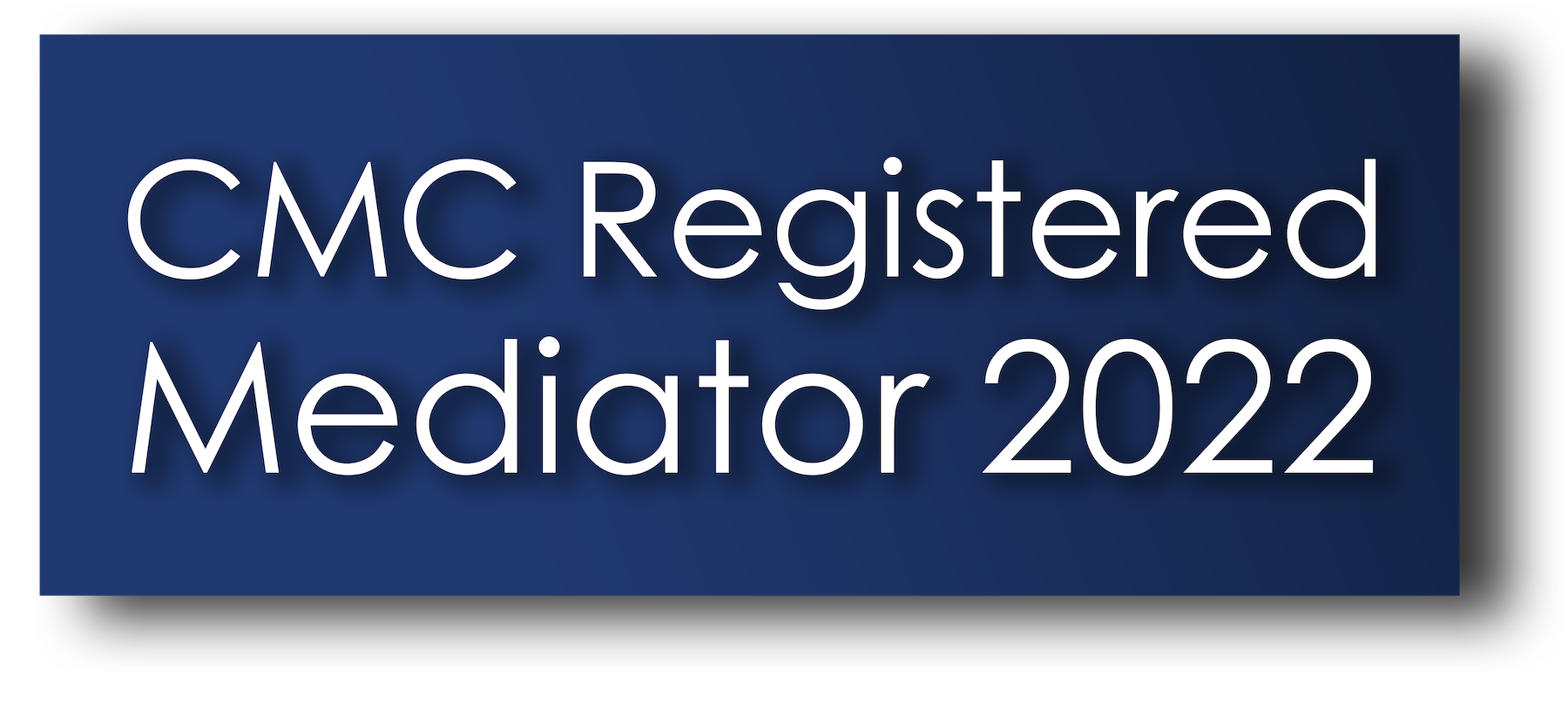How does mediation work?
How does mediation work at C.E.M Mediation & HR
When considering mediation, it is important to firstly understand that mediation is strictly a private and confidential process where parties can communicate in a safe environment with the impartial guidance of a mediator. Mediation is only possible when individuals wish to take part on a voluntary process. I will confirm such details during initial conversations with the client and parties.
As a qualified mediator, accredited with the Civil Mediation Council I follow the EU model Code of Conduct for Mediators when delivering mediations. The mediation process I work to is as follow’s;
Referral
The client (most often the employer) will refer a case for mediation. I will discuss the nature of the conflict with the client to assess whether it is suitable for mediation. I will set out the mediation framework and discuss expectations from this process.
Preparation
I will schedule a telephone conversation with the individuals involved to introduce myself and answer any questions or concerns that they may have. The parties will then receive the following information:
- A pre-mediation summary, to help them think about what they would like to achieve from the mediation process.
- A confidentiality agreement, to be signed and given to me on the day of mediation.
The Mediation Day
Meet and Greet:
On the day of mediation, I will greet all parties on an individual basis to confirm that they are happy to participate and that they will keep the details of the mediation confidential. I will then ask them to sign a mediation agreement. This agreement confirms each party’s understanding of the mediation process and their agreement to its principle and ground rules. This is important as this allows parties to speak freely during the process which is paramount to finding a resolution that meets the needs of all parties.

The individual sessions
The joint mediation sessions
The joint meeting takes place over several hours. Breaks are offered to ensure that all parties remain happy and engaged. I will guide the parties through the following stages;
Introduction: I will introduce the session and set clear guidelines for meeting etiquette and structure. I will welcome all parties to give brief opening comments to each other at the offset of the meeting, which will include their goals and hopes for mediation. The comments should truthfully summarise the problems that they are facing but should not be inflammatory.
Discussion of issues: I will then summarise the opening comments and guide parties to discuss with each other the problems that have led to the relationship breakdown. I will support all parties and will intervene as appropriate to help parties focus on problem solving and moving forward.
Resolution: Once all parties have talked through their issues, I will then focus the conversations to address each parties’ goals for mediation. I support parties through a problem-solving stage so that they can discuss how to develop and manage their future working relationship.
Agreement: Most mediations result in an agreement, often as a signed document or action plan which parties can use to support their working relationship moving forward. I will then write down verbatim what the parties agree to include in the agreement.
Summary
A summary will be provided to the employer (the paying client). The summary will confirm that the mediation took place (including date/location/time). I will work with parties involved in the mediation to determine if they are happy for any further detail to be provided in addition to this. Whilst employees are often happy for further detail to be shared with their employer, this will only be given with the consent of all parties, so not to breach confidentiality.

Member of CMC

Member of CIPD

Practices in line with European mediation guidelines

